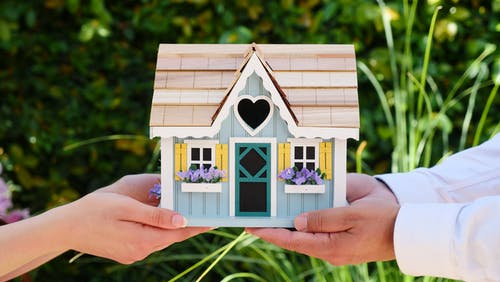How to Be a Good Tenant
Landlords get a bad rep. The news stories are constantly full of tales about rogue landlords charging extortionate rents on mould-filled cesspits with no heating or hot water.
There are bad landlords, it’s true, but what about the bad tenants? Not all tenants are good, just like not all landlords are bad.
In order to have a good relationship, both landlords and tenants need to be aware of the other’s needs and rights, and to respect them.
If you’re privately renting through your aunt in Aberdeen or your sister in Slough, your landlord might be a bit more flexible than say, a letting agent in east London, but this article will explore how you can be a good tenant wherever you are.
Pay the rent on time
This shouldn’t really need saying. After all, the whole basis of the landlord/tenant relationship is based on living accommodation being exchanged for money.
So, pay your rent on time. Or, if you can’t pay it on time for whatever reason, let your landlord know. Landlords are human (yes, really!) and only the very worst ones will not be reasonable if you have a good reason why you can’t pay your rent on time that month.
If your rental property has repairs needed your landlord is slow in fixing, don’t hold back your rent until the repairs are fixed.
Holding back rent as ransom for repairs is a really bad idea, no matter what your well-meaning friends advise.
Not paying your rent can get you evicted, even if you have got a broken window or haven’t had any hot water for a week, so always pay your rent, even if you’re feeling hard done by.
Don’t breach the tenancy agreement
Another surefire way to get evicted is to breach the tenancy agreement. If you didn’t bother to read it, read it now – it tells you exactly what you can and can’t do and also what your landlord can and can’t do.
A tenancy agreement is a legally binding document and important. It could also be the difference between getting your deposit back or not.
If there’s something in the tenancy agreement you’re not sure about, ask. If there’s something in the agreement you’d like to change – for example, you’d like to keep a pet or be able to redecorate or put shelves up – ask.
The worst that can happen if you ask, is your landlord will say no, which is a far better outcome than getting evicted or not getting your deposit back because you’ve breached the tenancy agreement by hanging pictures on the wall.
Allow reasonable access
There are times your landlord will need access to your home either to inspect the property or to make repairs. Yes, it’s your home and you don’t want people coming in and out without warning at all times of the day or night but you do need to allow your landlord reasonable access should they require it.
If your landlord needs to enter their property for whatever reason (and you need to remember that although yes, it’s your home, it’s also still their property), then they should give you at least 24 hours notice.
There’s no need to be paranoid about them nosing through your stuff if you’re not there – they’ll want to be in and out as quickly as possible and have no interest in seeing what’s in your fridge or bathroom cabinet.
Communicate
All relationships thrive on open communication and the landlord/tenant relationship is no different.
If you need anything, you’re not happy with something, something needs to be repaired, you want to move your partner in – communicate.
Even if you’re just going on holiday for a week, let your landlord know.
Of course, your landlord will need to be able to get in touch with you, so make sure they have your phone number and email address and, if they do phone or email you, pick up the phone or reply to that email.
Do not ignore any attempts at contact from your landlord. No one likes to be ignored and it will be in your interests to keep the lines of communication open.
So, there you have it. It’s not difficult to be a good tenant. Treat your landlord and your rental property as you would like yourself and your own property to be treated and you should get on just fine.
Remember, it’s in your interests to be a good tenant if you want to see your deposit at the end of the term and get a good reference.

